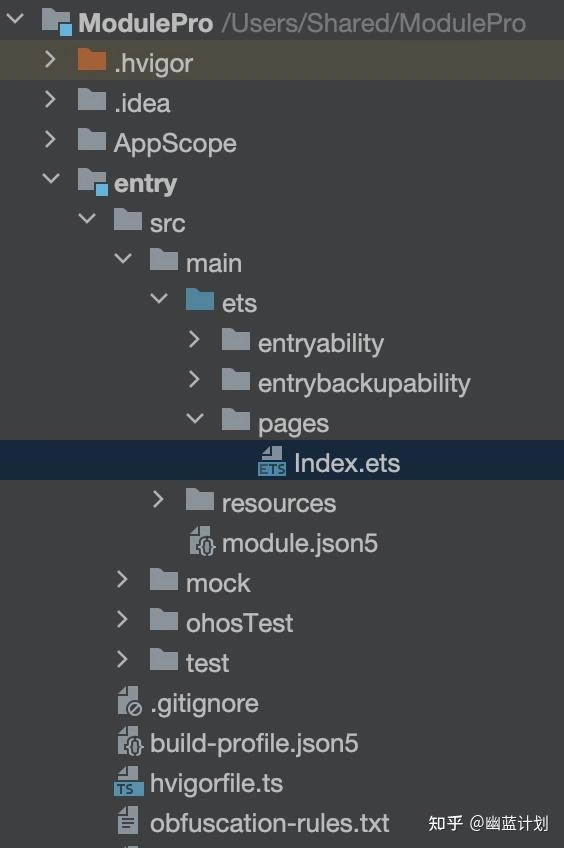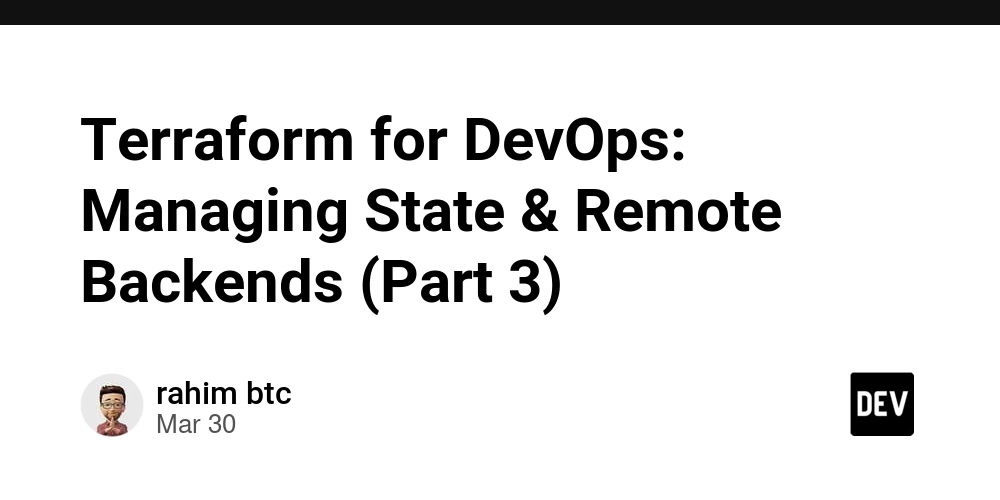Essential Skills for a Successful Full-Stack Developer in 2025
The role of a full-stack developer has evolved significantly over the years. As technologies advance and user expectations grow, a successful full-stack developer in 2025 needs to master a broad set of skills. Here’s what you need to know to stay relevant and thrive in this dynamic field. Front-End Development Skills Front-end development continues to be a core skill for full-stack developers. In 2025, the expectation is not just to write functional code but to create seamless user experiences. HTML5 & CSS3: Master the fundamentals of web structure and styling, including CSS Grid and Flexbox. JavaScript & Frameworks: Proficiency in vanilla JavaScript along with modern frameworks like React, Vue.js, or Svelte is essential for building dynamic user interfaces. TypeScript: As applications grow in complexity, TypeScript is becoming a must-have skill for type-safe JavaScript development. Responsive Design & Mobile-First Development: Ensure your apps work smoothly across various devices using frameworks like Bootstrap or Tailwind CSS. Back-End Development Expertise A full-stack developer must also excel at handling server-side development and database management. Node.js & Express: With the growing popularity of JavaScript on the server side, knowing Node.js and Express.js is essential for building fast and scalable backends. Python & Django/Flask: Python remains a favorite for backend development, especially with frameworks like Django or Flask for rapid development. Java & Spring Boot: Java is still widely used, particularly in enterprise-level applications. Database Knowledge (SQL & NoSQL): Strong skills in both SQL (PostgreSQL, MySQL) and NoSQL (MongoDB, Redis) databases are essential for managing structured and unstructured data. Cloud Computing & DevOps In 2025, the cloud-first approach is critical for scaling applications efficiently. Full-stack developers need to understand cloud services, CI/CD, and containerization. Cloud Platforms: Proficiency in AWS, Azure, or Google Cloud helps in deploying and managing scalable applications. CI/CD Pipelines: Mastering Jenkins, GitLab CI, or CircleCI ensures streamlined deployments and version control. Containerization & Orchestration: Familiarity with Docker and Kubernetes is necessary to package applications and manage microservices architectures. API Design & Integration Building and integrating APIs is a crucial skill for any full-stack developer. APIs allow different parts of the system to communicate efficiently. RESTful APIs & GraphQL: Master REST for traditional client-server communication and GraphQL for more flexible data fetching. WebSocket & Real-Time Communication: For real-time apps (e.g., chats and notifications), learn WebSocket for bidirectional communication. OAuth2 & JWT: Securely authenticate users with knowledge of modern authentication protocols like OAuth2 and JWT. Version Control & Collaboration Tools In modern development, working in teams and managing code effectively is a must. Git: Full proficiency in Git and platforms like GitHub or GitLab for version control is non-negotiable. Collaboration Tools: Familiarity with tools like Jira, Trello, or Slack for project management and communication is vital for collaborating in team environments. Security Best Practices With the increasing number of cyber threats, developers must adopt security best practices from the start. Authentication & Authorization: Ensure applications are secure using OAuth2, JWT, and multi-factor authentication (MFA). Data Protection & Encryption: Encrypt sensitive data and implement SSL/TLS for secure communications. Security Vulnerabilities Awareness: Stay up to date on common vulnerabilities like SQL Injection, XSS, and CSRF. Soft Skills & Problem-Solving Technical skills are important, but a successful full-stack developer also needs strong, soft skills. Communication: Being able to explain complex technical concepts to non-technical stakeholders is crucial. Time Management: Developers often manage multiple tasks, so it's essential to prioritize and manage time effectively. Problem-Solving Mindset: Full-stack developers are often the go-to people for solving complex problems that span both front-end and back-end, so critical thinking and a systematic approach to debugging are key. Continuous Learning & Adaptability Technology is always evolving, and so should you. Staying Up to Date: Follow blogs, participate in coding communities, and take courses to learn new technologies and frameworks. Open Source Contribution: Contributing to open source projects can help you improve your coding skills, build your reputation, and stay connected with the developer community. Final Thoughts To be a successful full-stack developer in 2025, you need a diverse set of skills across front-end, back-end, cloud, security, and collaboration. The key is to keep learning and stay adaptable to new tools and technologies. With these essential skills, you’ll be we
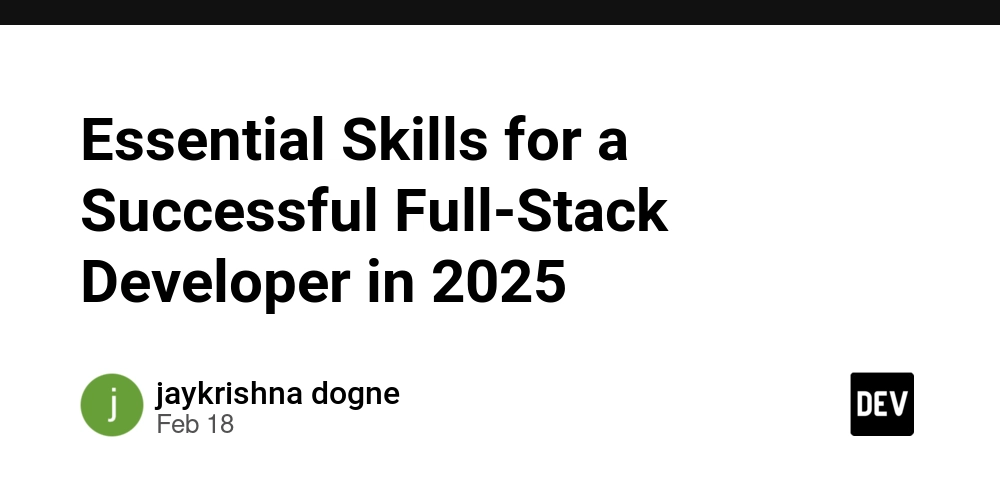
The role of a full-stack developer has evolved significantly over the years. As technologies advance and user expectations grow, a successful full-stack developer in 2025 needs to master a broad set of skills. Here’s what you need to know to stay relevant and thrive in this dynamic field.
- Front-End Development Skills Front-end development continues to be a core skill for full-stack developers. In 2025, the expectation is not just to write functional code but to create seamless user experiences.
HTML5 & CSS3: Master the fundamentals of web structure and styling, including CSS Grid and Flexbox.
JavaScript & Frameworks: Proficiency in vanilla JavaScript along with modern frameworks like React, Vue.js, or Svelte is essential for building dynamic user interfaces.
TypeScript: As applications grow in complexity, TypeScript is becoming a must-have skill for type-safe JavaScript development.
Responsive Design & Mobile-First Development: Ensure your apps work smoothly across various devices using frameworks like Bootstrap or Tailwind CSS.
- Back-End Development Expertise A full-stack developer must also excel at handling server-side development and database management.
Node.js & Express: With the growing popularity of JavaScript on the server side, knowing Node.js and Express.js is essential for building fast and scalable backends.
Python & Django/Flask: Python remains a favorite for backend development, especially with frameworks like Django or Flask for rapid development.
Java & Spring Boot: Java is still widely used, particularly in enterprise-level applications.
Database Knowledge (SQL & NoSQL): Strong skills in both SQL (PostgreSQL, MySQL) and NoSQL (MongoDB, Redis) databases are essential for managing structured and unstructured data.
- Cloud Computing & DevOps In 2025, the cloud-first approach is critical for scaling applications efficiently. Full-stack developers need to understand cloud services, CI/CD, and containerization.
Cloud Platforms: Proficiency in AWS, Azure, or Google Cloud helps in deploying and managing scalable applications.
CI/CD Pipelines: Mastering Jenkins, GitLab CI, or CircleCI ensures streamlined deployments and version control.
Containerization & Orchestration: Familiarity with Docker and Kubernetes is necessary to package applications and manage microservices architectures.
- API Design & Integration Building and integrating APIs is a crucial skill for any full-stack developer. APIs allow different parts of the system to communicate efficiently.
RESTful APIs & GraphQL: Master REST for traditional client-server communication and GraphQL for more flexible data fetching.
WebSocket & Real-Time Communication: For real-time apps (e.g., chats and notifications), learn WebSocket for bidirectional communication.
OAuth2 & JWT: Securely authenticate users with knowledge of modern authentication protocols like OAuth2 and JWT.
- Version Control & Collaboration Tools In modern development, working in teams and managing code effectively is a must.
Git: Full proficiency in Git and platforms like GitHub or GitLab for version control is non-negotiable.
Collaboration Tools: Familiarity with tools like Jira, Trello, or Slack for project management and communication is vital for collaborating in team environments.
- Security Best Practices With the increasing number of cyber threats, developers must adopt security best practices from the start.
Authentication & Authorization: Ensure applications are secure using OAuth2, JWT, and multi-factor authentication (MFA).
Data Protection & Encryption: Encrypt sensitive data and implement SSL/TLS for secure communications.
Security Vulnerabilities Awareness: Stay up to date on common vulnerabilities like SQL Injection, XSS, and CSRF.
- Soft Skills & Problem-Solving Technical skills are important, but a successful full-stack developer also needs strong, soft skills.
Communication: Being able to explain complex technical concepts to non-technical stakeholders is crucial.
Time Management: Developers often manage multiple tasks, so it's essential to prioritize and manage time effectively.
Problem-Solving Mindset: Full-stack developers are often the go-to people for solving complex problems that span both front-end and back-end, so critical thinking and a systematic approach to debugging are key.
- Continuous Learning & Adaptability Technology is always evolving, and so should you.
Staying Up to Date: Follow blogs, participate in coding communities, and take courses to learn new technologies and frameworks.
Open Source Contribution: Contributing to open source projects can help you improve your coding skills, build your reputation, and stay connected with the developer community.
Final Thoughts
To be a successful full-stack developer in 2025, you need a diverse set of skills across front-end, back-end, cloud, security, and collaboration. The key is to keep learning and stay adaptable to new tools and technologies. With these essential skills, you’ll be well-equipped to handle the challenges of modern development and deliver high-quality, scalable applications.









































































































































































![[The AI Show Episode 142]: ChatGPT’s New Image Generator, Studio Ghibli Craze and Backlash, Gemini 2.5, OpenAI Academy, 4o Updates, Vibe Marketing & xAI Acquires X](https://www.marketingaiinstitute.com/hubfs/ep%20142%20cover.png)















































































































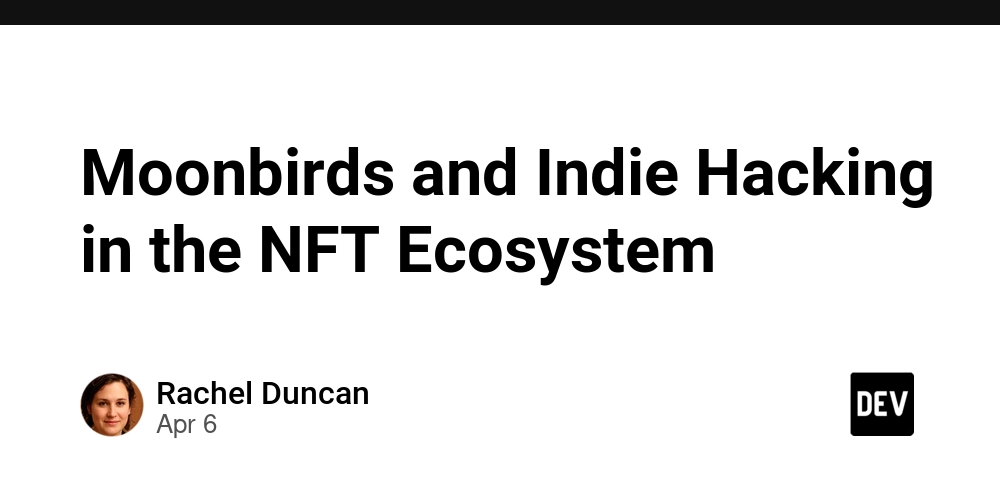
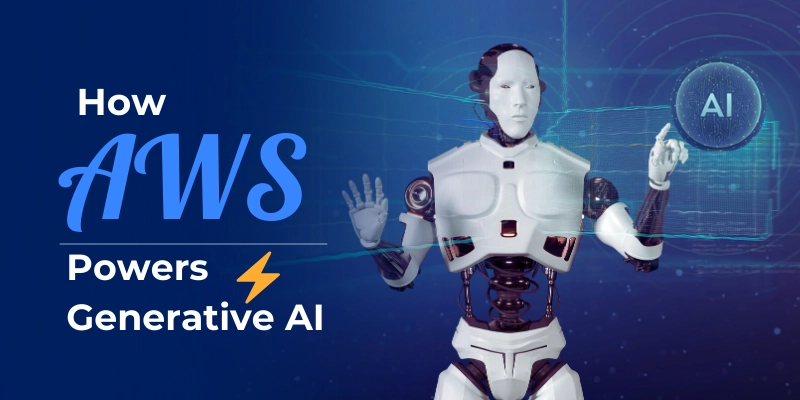










![[FREE EBOOKS] The Kubernetes Bible, The Ultimate Linux Shell Scripting Guide & Four More Best Selling Titles](https://www.javacodegeeks.com/wp-content/uploads/2012/12/jcg-logo.jpg)



![From drop-out to software architect with Jason Lengstorf [Podcast #167]](https://cdn.hashnode.com/res/hashnode/image/upload/v1743796461357/f3d19cd7-e6f5-4d7c-8bfc-eb974bc8da68.png?#)






































































































.png?#)




.jpg?#)
































_Christophe_Coat_Alamy.jpg?#)







































































































![Rapidus in Talks With Apple as It Accelerates Toward 2nm Chip Production [Report]](https://www.iclarified.com/images/news/96937/96937/96937-640.jpg)






































































































































